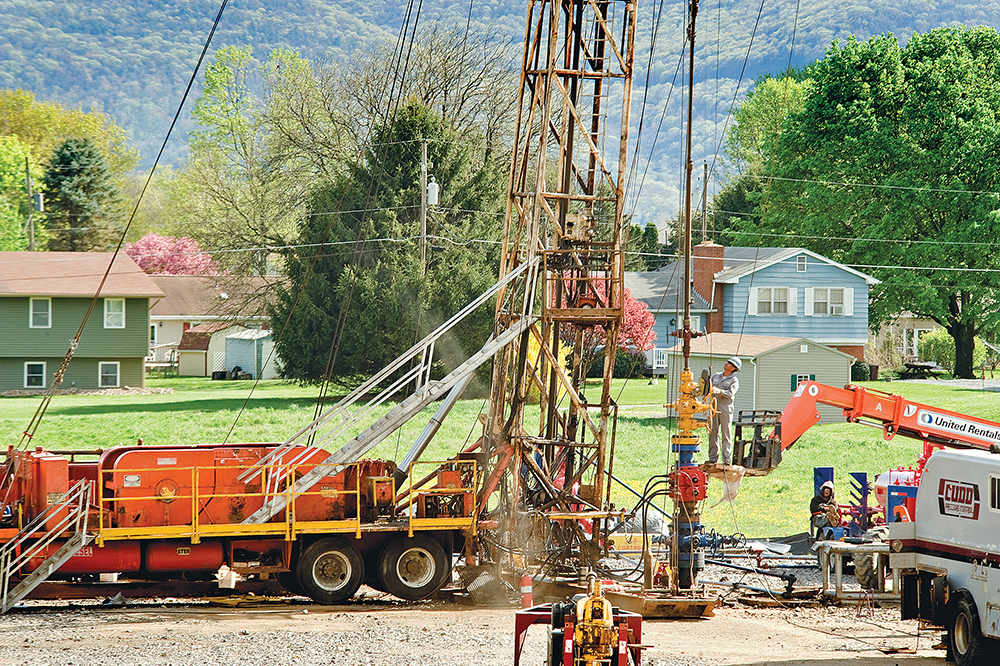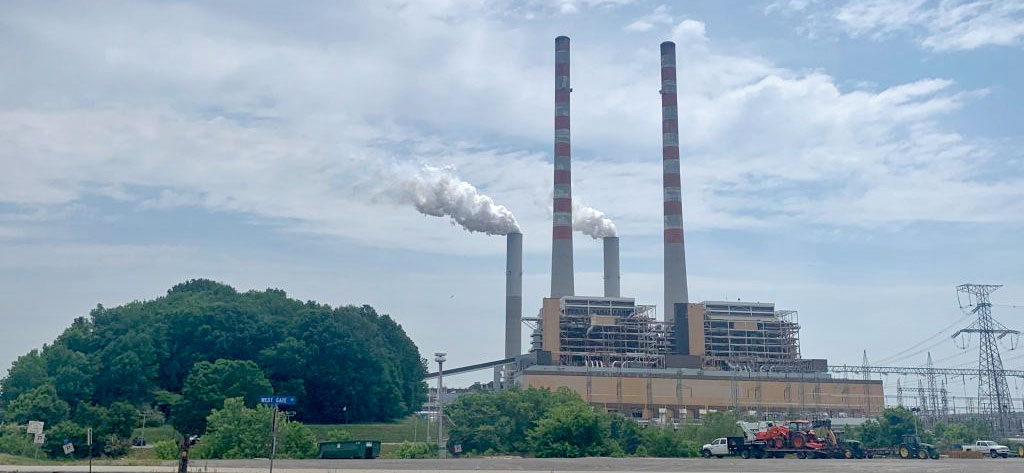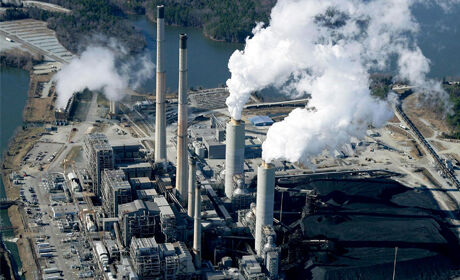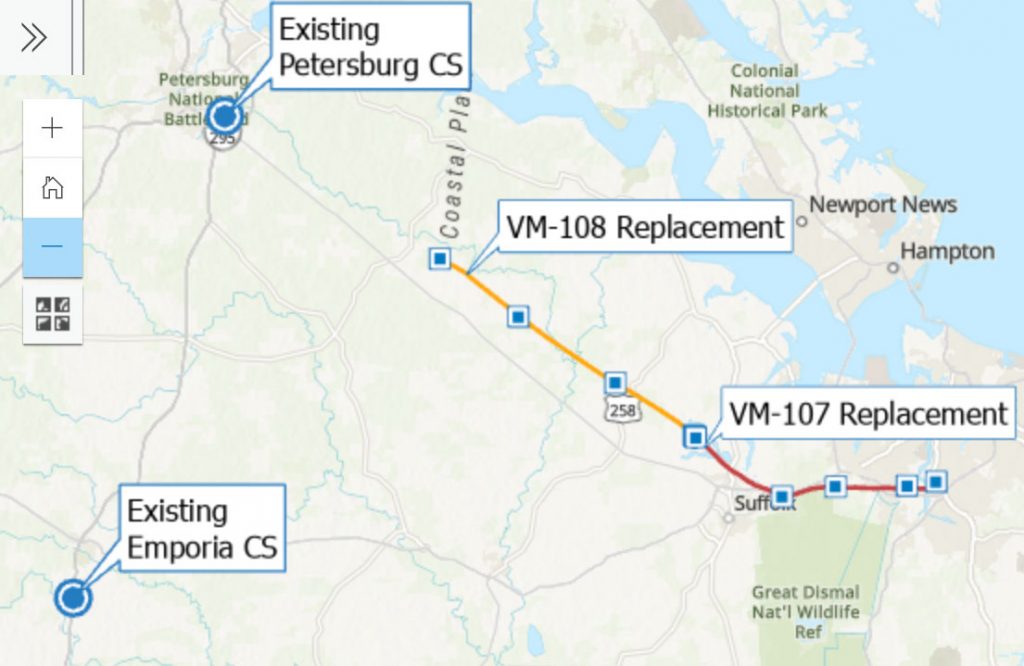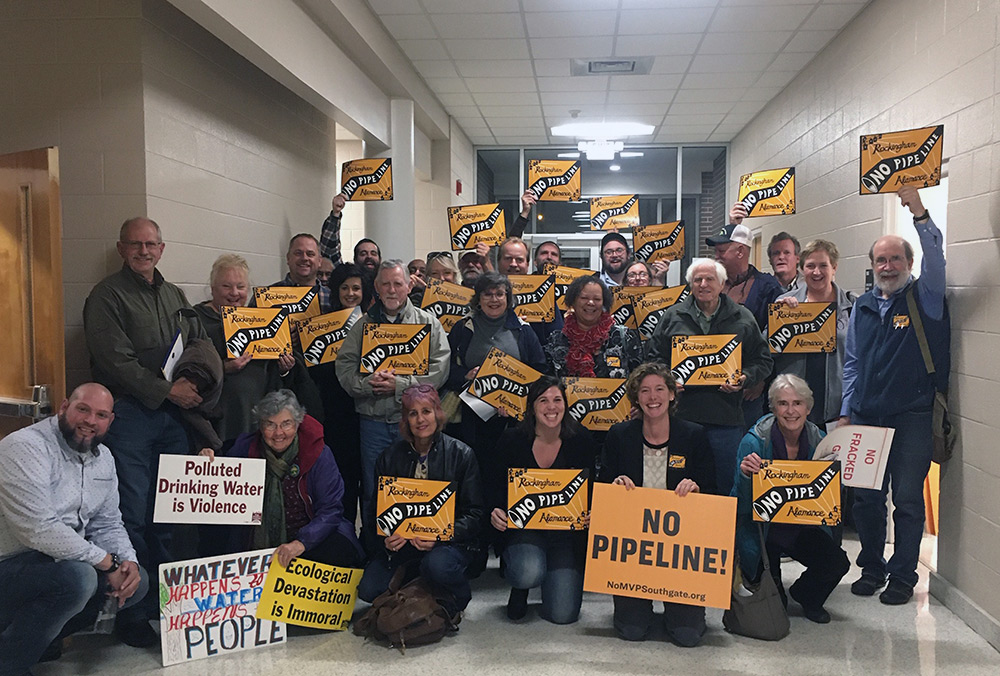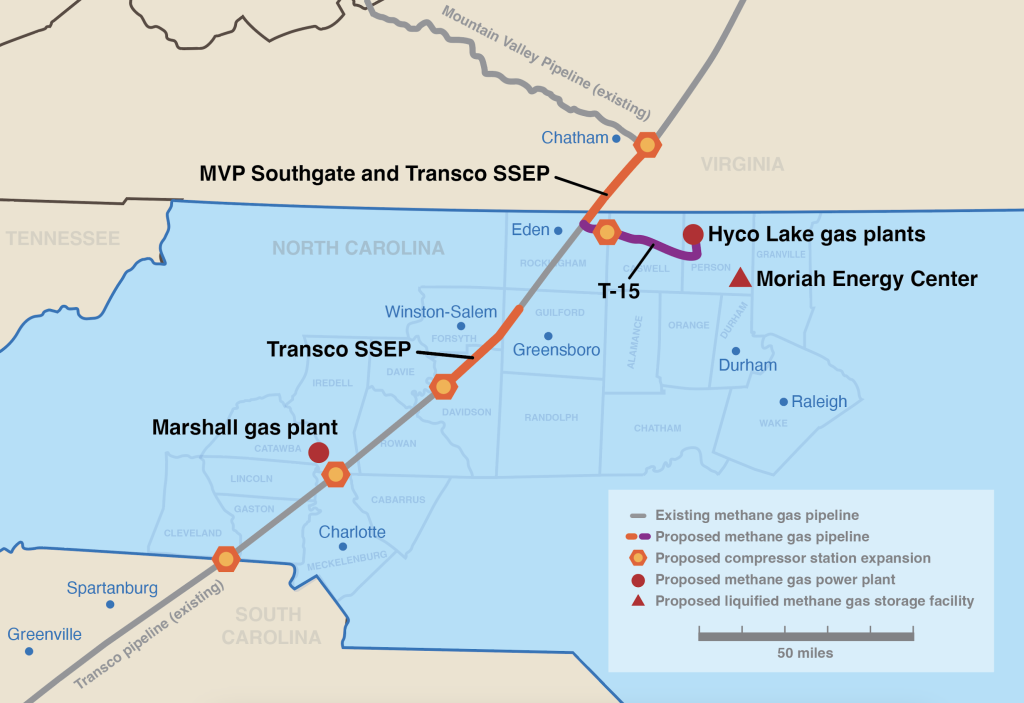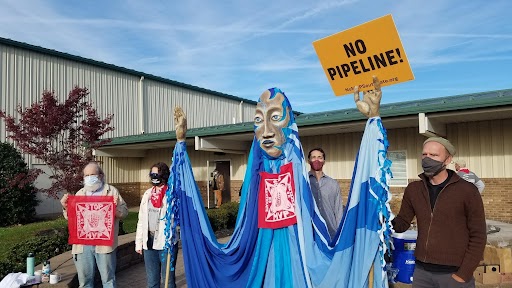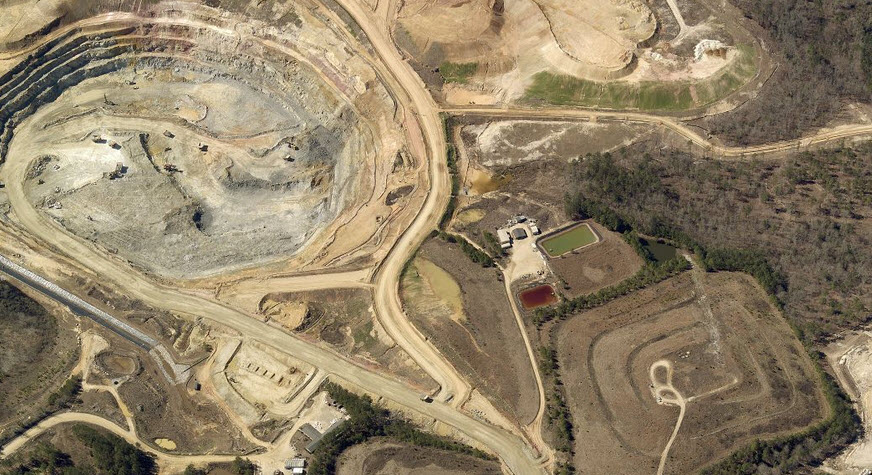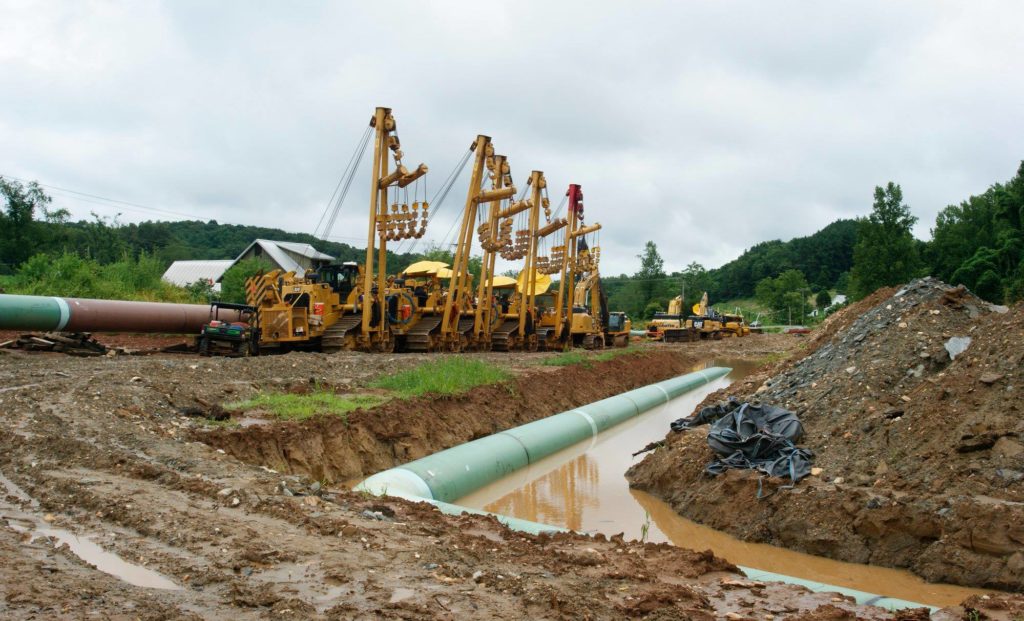Stop Pipelines & Fracked Gas

Photo By Sierra Shamer / Fractracker
Two decades ago, so-called natural gas exploded on the American energy market, pushed by the industry as a supposedly clean “bridge” fuel to transition the economy from dirty coal to renewable sources of electricity generation like solar and wind.
But this gas is far from clean. From the time that it is extracted using a destructive drilling method called fracking, its transport through pipelines, train cars and trucks, to the power plants where it is burned, the dire environmental and human costs of this fossil fuel are now abundantly clear. In particular, this polluting infrastructure is often sited in communities of color, lower-income areas and other environmental justice communities.
Studies show that investments in renewable energy and energy efficiency are on par with, or sometimes more affordable than, building new gas infrastructure. Many states are enacting policies to tap into the rising solar and wind sector. Yet the fossil fuel industry is rushing to build methane gas pipelines and power plants to squeeze as much profit as possible out of the waning fuel, putting most of the financial risk on customers.
Appalachian Voices is tackling the spread of fracked gas head-on by legally challenging fossil fuel proposals and pushing back against the antiquated policies and rubber-stamping agencies that govern the development of gas infrastructure. We are also partnering with communities in the fight against new fossil fuel infrastructure, providing resources and training to bolster local opposition. And we are pressuring decision-makers to force them to consider the harm to communities threatened by polluting energy development.
And the tide is starting to turn. In July 2020, Duke Energy and Dominion Energy canceled the 600-mile Atlantic Coast Pipeline. The massive fossil fuel project was riddled with problems, starting with the fundamental fact it was not needed to meet energy demand. Standing beside the many communities and organizations that made this historic victory possible, we’re taking this momentum and applying it toward the fight against other destructive, climate-harming projects that threaten community safety, our clean air and water, and that would raise electricity costs for residents.

Latest News
Virginians face threat from toxic gold mining
The gold mining industry is eyeing central Virginia for a major expansion that could bring one of the most toxic industries to our state. Buckingham County is potentially ground zero.
Trump administration rams through final Forest Service analysis of controversial Mountain Valley Pipeline
After almost 8,000 people called on the U.S….
Stopping a massive fracked-gas pipeline takes a village
Some organize community meetings, some drive for hours to testify at hearings, some pray, some rally, some give detailed research to government agencies, some file lawsuits — and some occupy tree-sits in protest. All stand against the unneeded, dangerous fracked-gas Mountain Valley Pipeline.
Almost 8,000 call on federal agency to not allow the Mountain Valley Pipeline to cut through public forest land in Virginia
CONTACT: Russell Chisholm, Protect Our Water, Heritage, Rights…
Conservation groups applaud court’s suspension of Mountain Valley Pipeline construction
CONTACT: Cat McCue 434-293-6373 cat@appvoices.org The 4th Circuit…
The Appalachian Pipeline Resistance Movement: “We’re Not Going Away”
Residents along the paths of the Atlantic Coast and Mountain Valley pipelines have made it clear that fracked-gas projects are not welcome.

